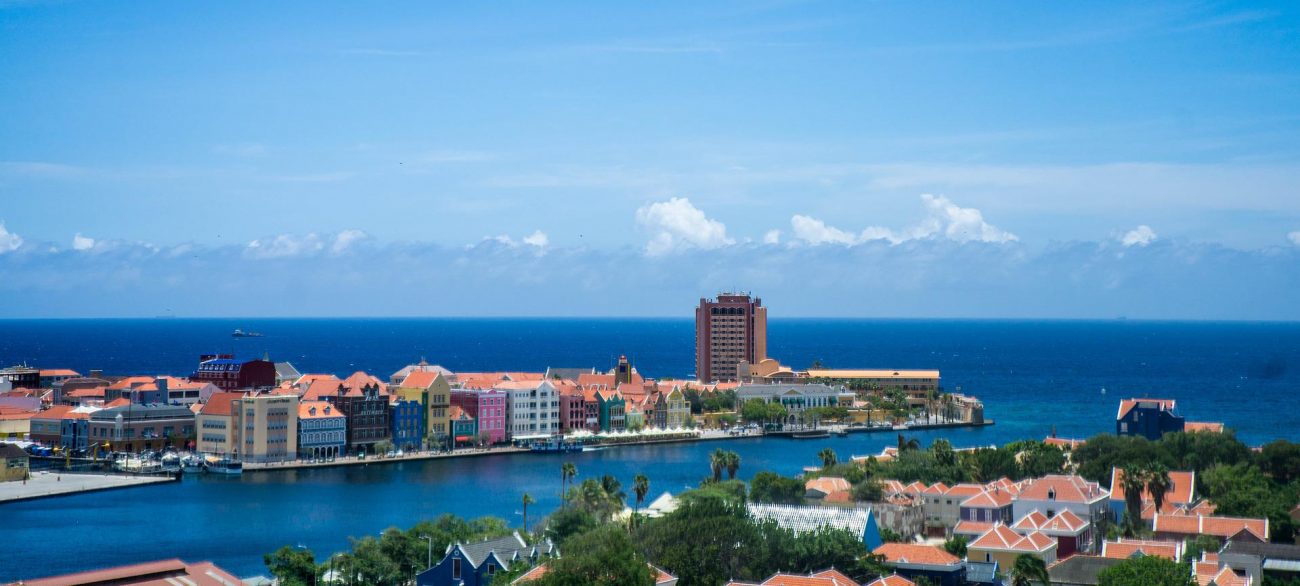The Dutch Government Wants Curaçao To Expedite Gambling Reform

The Dutch Parliament is pressing Curaçao to accelerate its gambling reform efforts to address regulatory and anti-money laundering issues on the island. Members of Parliament, including Michon-Derksen (VVD), Van Nispen (SP), and Van der Werf (D66), recently proposed a motion during a security-focused debate on the Netherlands’ Caribbean territories. The motion highlights concerns over money laundering and organized crime connections in Curaçao’s gambling sector, noting that these issues risk compromising the island’s public administration and governance integrity.
At the center of Curaçao’s regulatory overhaul is the new LOK (National Ordinance on Games of Chance) law, which seeks to tighten gambling oversight and bring greater transparency to the industry. Curaçao has historically operated under a two-tier licensing system, where master licenses could issue sub-licenses to offshore operators with minimal oversight, drawing criticism for potentially fostering irresponsible gambling practices and enabling money laundering. Under the new LOK framework, this master-sub-license structure will be scrapped in favor of a single regulatory body overseeing all gambling operators on the island under standardized rules.
The push from the Netherlands comes partly from concerns over the potential for Curaçao to be placed on the Financial Action Task Force’s (FATF) “grey list” of countries requiring increased monitoring. The risk of such designation, which could impact the island’s reputation and financial stability, is a driving factor behind the urgency for reform.
Dutch MPs argue that stricter gambling oversight is essential for curbing money laundering. They also state that it’s needed in order to maintain public trust in the governance of Curaçao, which remains largely autonomous in handling its gambling industry.
The proposed changes will shift all operators under the jurisdiction of a single, independent regulatory body, making Curaçao’s licensing process more robust. However, industry observers predict that increased oversight may prompt some offshore companies to relocate to other jurisdictions that offer less stringent controls. This potential exodus reflects concerns within the gaming industry about whether stricter regulations will make Curaçao a less attractive base for some of the world’s gambling operators.
One of the key developments influencing Curaçao’s new approach is the recent financial troubles of Cyberluck, the most prominent master licensee on the island, which recently declared bankruptcy over unpaid debts. Cyberluck’s failure underscores the challenges within the current system and highlights the need for a more stable and accountable licensing framework.
The Netherlands’ call for action aims to reinforce Curaçao’s commitment to these reforms. By urging consultation between Dutch and Curaçaoan officials, the motion underscores a desire for enhanced collaboration to ensure that Curaçao’s gambling reforms adequately address anti-money laundering and regulatory challenges. The Dutch government hopes that this push for reform will help prevent further risks to financial and administrative integrity in Curaçao while signaling a commitment to responsible governance across all Dutch territories.
- Other news categories:
- SlotsUp's news





